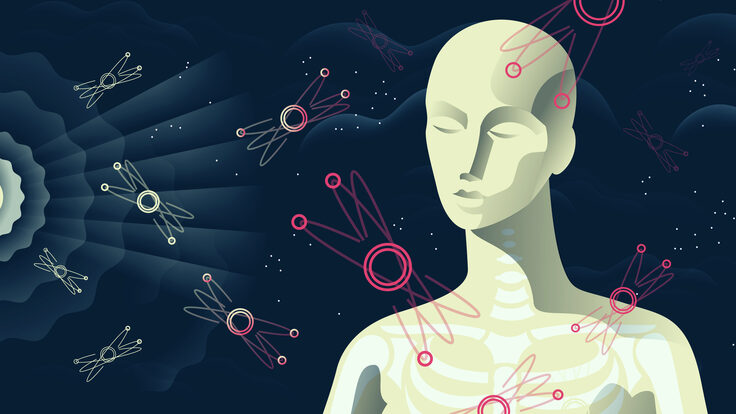A set of seven talks by legendary, Nobel-winning physicist Richard Feynman is now available online, free of charge--and through a much more versatile application than YouTube.
Microsoft Research has made videos of the famous Messenger Series lectures available through an interactive video application called Project Tuva.
Feynman expanded our understanding of quantum electrodynamics, assisted in the development of the atomic bomb and helped explain the Challenger disaster. But Feynman is also famous for his uncanny ability to convey to others the wonder of science.
Project Tuva gives modern viewers an experience the Cornell University students who originally heard them never had.
The site allows the user to watch Feynman with subtitles; to take notes that link to specific points in the video timeline and video transcript; and to access expert commentary, bibliographic references and Web links, all also linked to points on the video timeline. The user can search the transcript for keywords and then click on those words to watch that section of the video. However, the multimedia presentation can only be viewed using Microsoft's Silverlight technology.
Bill Gates says in an introduction on the Project Tuva Web site that he has been hoping to share the Feynman lectures with the world for 20 years.
“I think these Messenger Series lectures [Feynman] gives are the best science lectures I’ve ever seen,” he says.
“I think someone who can make science interesting is magical. And the person who did that better than anybody was Richard Feynman. He took the mystery of science, the importance of science, the strangeness of science, and made it fun and interesting and approachable.”
We reported in symmetry breaking on June 22 that the head of Microsoft had purchased the rights to Feynman’s Messenger Series lectures from the BBC.
Gates said he planned to make the talks public. But he had something even farther-reaching in mind.
Microsoft promises to add more educational videos to the site in the future, writing that “the Feynman videos are just the tip of the iceberg.”
Now if only the program could let you raise your hand and ask Prof. Feynman a question.







